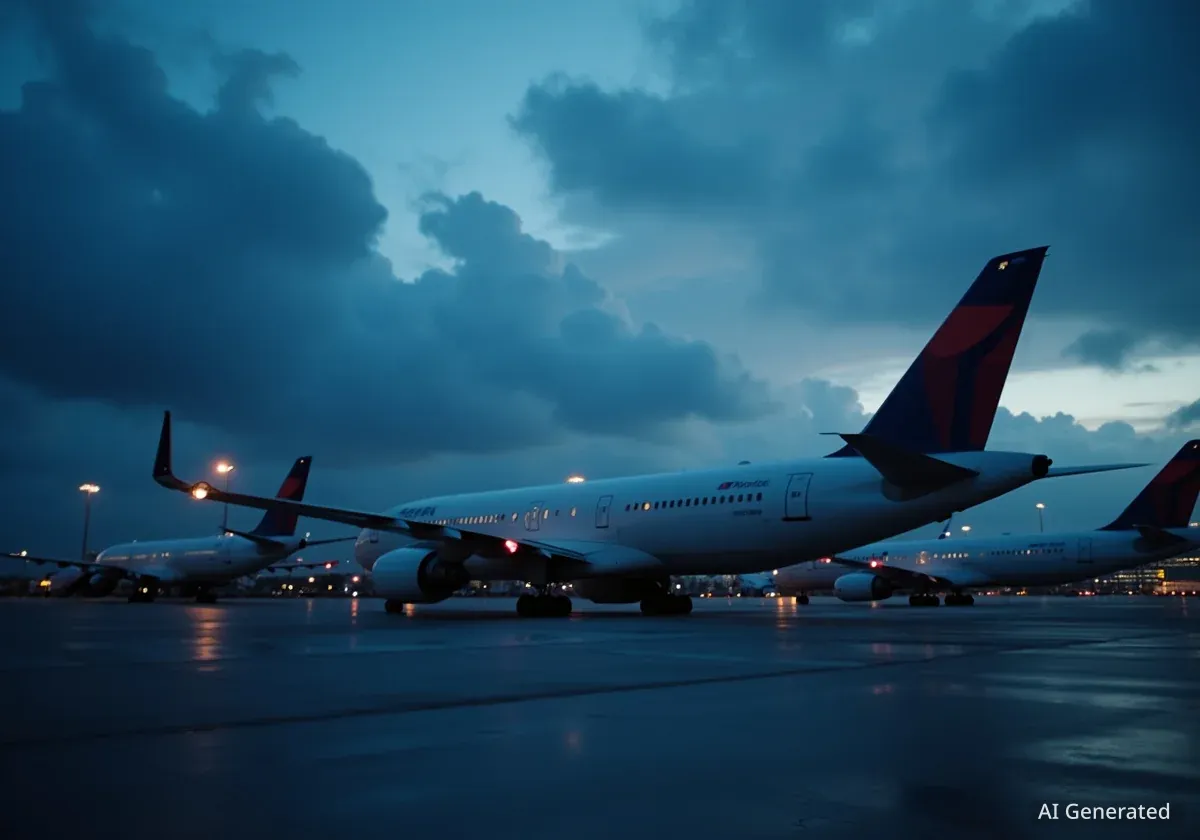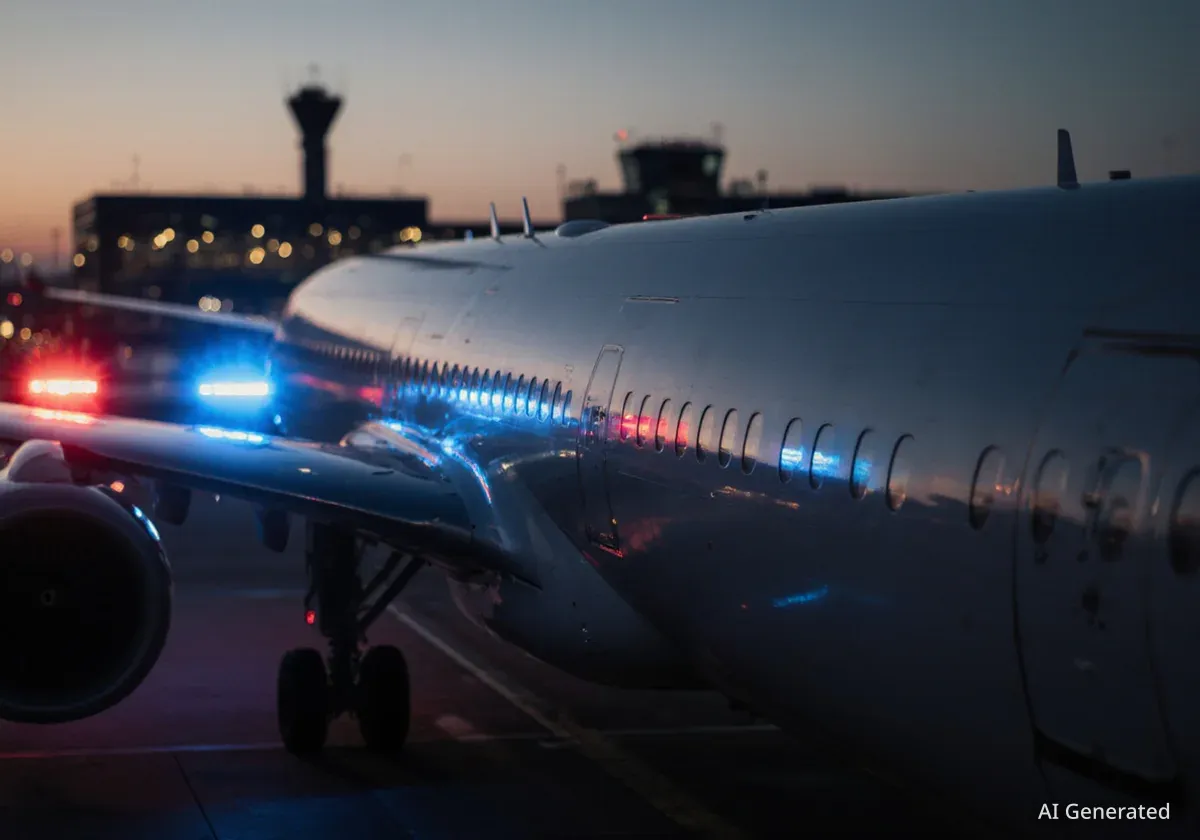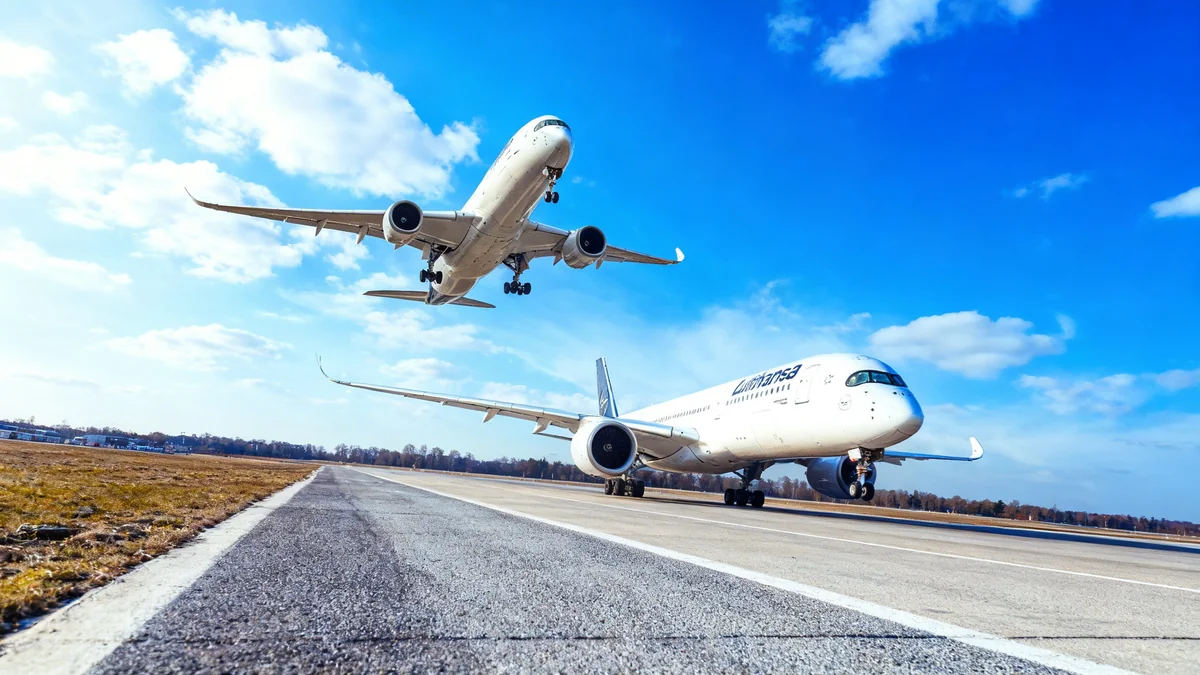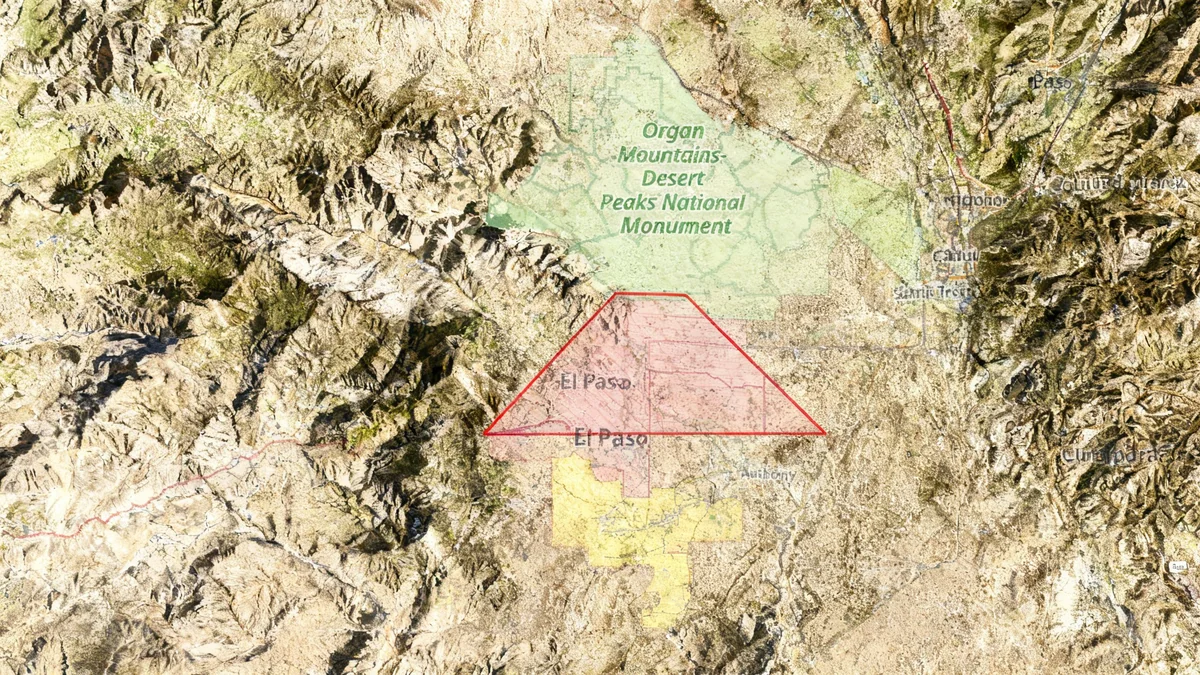Ryanair's chief executive, Michael O'Leary, has issued a stark warning to the UK government, stating the airline will move its aircraft out of the country if planned increases to air travel taxes go ahead. The criticism comes as the government prepares for its Autumn Budget on November 26, with proposed hikes to the Air Passenger Duty (APD) on the table.
O'Leary argued that raising taxes on flights is counterproductive to the government's stated goal of stimulating economic growth, particularly in regions outside of London. He warned that Ryanair would shift its capacity to European countries that are actively cutting similar aviation taxes.
Key Takeaways
- Ryanair CEO Michael O'Leary has warned the airline will move aircraft out of the UK if the Air Passenger Duty (APD) is increased.
- O'Leary criticized the UK government's plan as a barrier to economic growth, especially for regional airports.
- He claims the tax hike would represent nearly 33% of Ryanair's average £45 ticket price.
- The airline has proposed abolishing APD for airports outside London to boost regional traffic, a suggestion he says has been ignored.
A Direct Challenge to UK Fiscal Policy
Speaking on Monday, Michael O'Leary directly challenged the UK government's economic strategy ahead of the crucial Autumn Budget. He described the push by Finance Minister Rachel Reeves to increase the APD as a move that would stifle the very growth the country needs.
The APD is a tax levied on every passenger flying from a UK airport. The government plans to raise these rates from next April, including a significant 50% increase for private jets, as part of a strategy to increase public funds and promote more sustainable travel.
What is Air Passenger Duty (APD)?
APD is a significant source of revenue for the UK Treasury. The Office for Budget Responsibility projects it will generate approximately £4.7 billion ($6.18 billion) in the 2025-2026 fiscal year. The tax is applied per passenger, with rates varying based on flight distance and class of travel.
O'Leary contrasted the UK's position with that of other European nations which he says are reaping economic benefits from reducing or eliminating similar taxes.
"You see markets like Sweden, Hungary, Italy and Croatia abolishing environmental taxes and then you have the laggards, like Germany, France and Rachel Reeves here in the U.K., remarkably talking about wanting growth and yet increasing taxes on air travel — on an island, on the periphery in Europe," O'Leary stated.
The Economic Impact on Passengers and Regions
The core of O'Leary's argument centers on the financial burden the tax places on travelers and its disproportionate effect on regional economies. He calculated that the proposed increase would amount to a tax of nearly 33% on Ryanair's average fare, which he pegs at around £45.
"It’s ridiculous," O'Leary said. "For a family of four, it becomes prohibitive."
Dispute Over Data
O'Leary publicly disputed the government's calculations regarding the tax's impact. He claimed a letter from the Treasury suggested a £2 increase in APD was only 1% of average ticket prices. However, he countered, "our average ticket price is 45 pounds, so an increase of 2 pounds is a 5% increase. They can’t even do their own maths."
The Ryanair chief revealed he had previously offered a solution to the government. He proposed a deal that would see the airline deliver 50% traffic growth to UK regions in exchange for abolishing APD at airports outside of London.
"We wrote to Rachel Reeves when she first got elected and said we can deliver you 50% traffic growth, not in London, but in the regions of the U.K., where they really need growth," he explained. "Just abolish APD outside of London. You know, London is full, London can pay the APD, but abolish it outside of London."
He estimated this would cost the government around £2 billion from its budget but argued the loss would be recovered within a year through additional consumer spending and VAT from increased visitor numbers. According to O'Leary, the proposal received "no response."
Ryanair's Next Move
The airline's position is clear: if the APD is increased again in the Autumn Budget, Ryanair will act. O'Leary confirmed the company would seriously consider moving aircraft to countries that are lowering their aviation taxes.
Potential Beneficiaries of UK Policy
O'Leary specifically named several countries that could gain capacity at the UK's expense:
- Sweden
- Hungary
- Italy
He described the UK Treasury as "hopeless" and "useless" when asked about recent communications, signaling a breakdown in dialogue between the airline and policymakers.
The standoff places the UK government in a difficult position. It must balance its need for fiscal revenue and its environmental commitments against the risk of a major airline reducing its UK presence, which could have significant consequences for regional connectivity and economic activity across the country.





